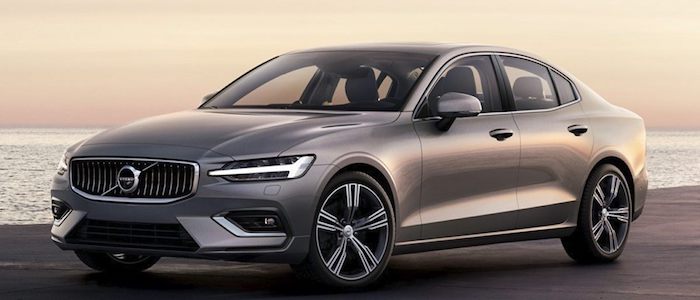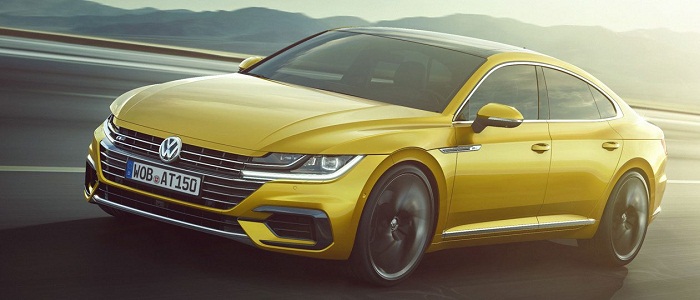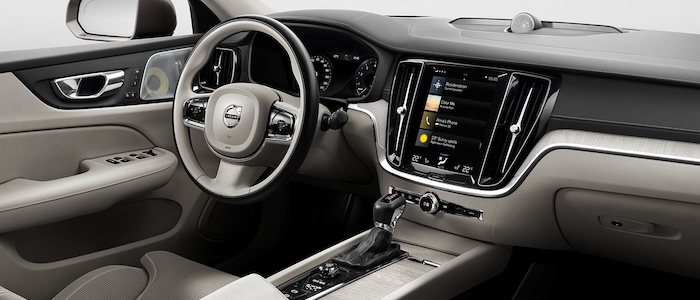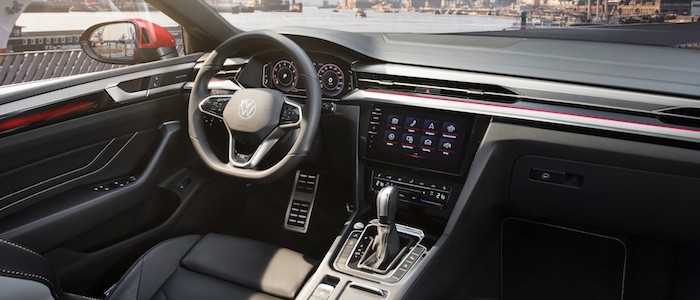Compare two cars
Compare any two cars and get our Virtual Adviser™ opinion
Dimensons & Outlines
Check vehicle history
Engine
Performance (manual gearbox)
Performance (automatic gearbox)
Expenses
Virtual Adviser's™ opinion
We are here considering two somewhat similar cars, but we can't deny some of the obvious differences. For a start, they are not even classified under the same segment, with the Volvo being a large family car and the Volkswagen representing luxury car vehicle class. The first one has a Volvo-engineered powertrain under the hood, a 4-cylinder, 16-valves 310hp unit, while the other one gets its power and torque from a 4-cylinder, 16-valves 280hp engine designed by Volkswagen.
SafetyA starting point here would be to take a look at the results from European New Car Assessment Programme (Euro NCAP) tests which were performed on both of the cars, with the same number of safety stars gained in the process. Moving further on, let's take a closer look at some additional safety-related facts. The second vehicle is a luxury car and that gives it a marginal advantage over the large family car competitor, at least that's what statistics show. On the other hand, when it comes to weight, a factor that most people underestimate, the Swedish car offers a marginal difference of 3% more metal.
ReliabilityI don't like generalizing things when it comes to reliability, although it does seem that both brands display similar results in faults and breakdowns, all the models observed together. These are the official statistics, while our visitors describe reliability of Volvo with an average rating of 3.2, and models under the Volkswagen badge with 4.2 out of 5. The same official information place S60 as average reliability-wise, and Arteon is more or less at the same level.We should definitely mention that owners of cars with the same powertrain as the Swedish car rank it on average as 4.7, while the one under the competitor's bonnet gets 4.0 out of 5.
Performance & Fuel economyBoth of the cars accelerate exactly the same, so we couldn't put one above the other. Car No. 1 reaches top speed of 250 kilometers per hour, exactly the same as the other car does. When it comes to fuel economy the winner has to be the German car, averaging around 7.3 liters of fuel per 100 kilometers (39 mpg), in combined cycle. We can't ignore that 10% difference compared to the Swedish car.
Verdict
Volvo appears just a bit more reliable, although the difference is truly marginal. The most important thing when deciding between any two vehicles should always be safety, both passive and active. In this case though, it seems that both cars show similar levels of passenger protection all together, so that won't break a tie. When it comes to performance, both vehicles provide similar experience, so I wouldn't point any of them out. the German car , on the other hand, consumps significantly less fuel, and that's a big plus. It's not difficult to say then that if I'd need to make a choice, it would definitely be the Volkswagen. Nevertheless, let's not forget that people have different preferences and needs, so what really counts is your personal feel. I'm only here to help. In case you have two minutes to spare I invite you to define your needs, desires and budget and see which car would be chosen by the virtual adviser™, among more than 12.000 different ones in our database.

































